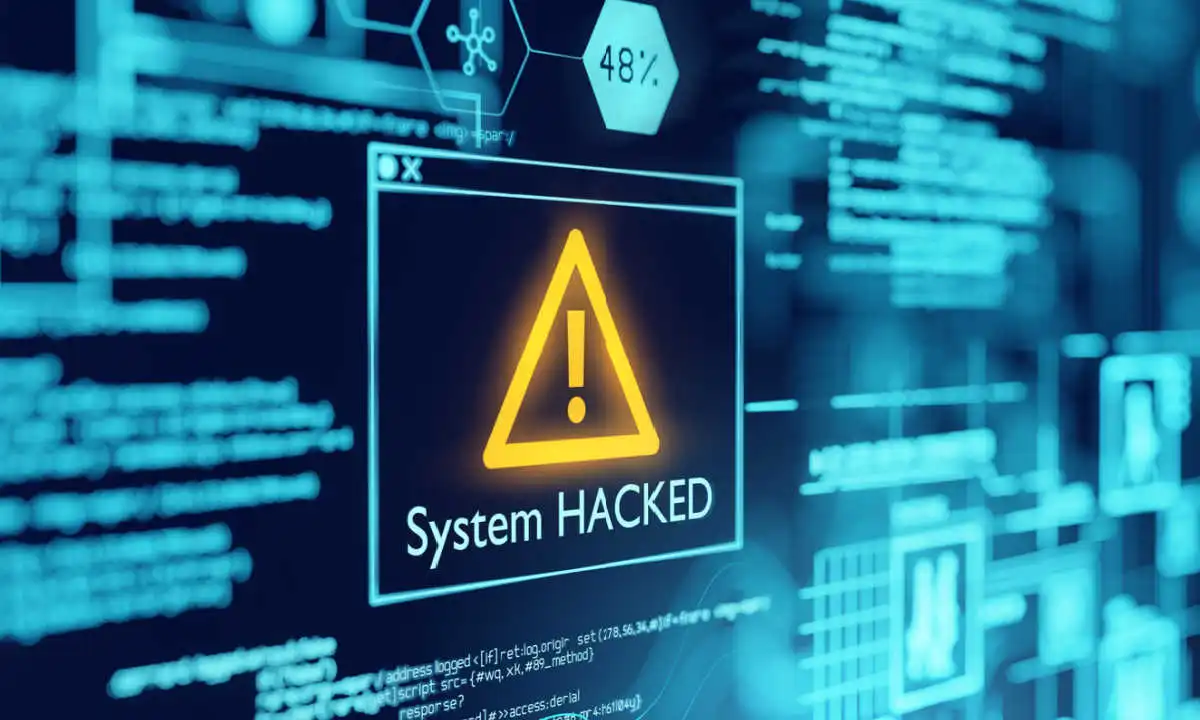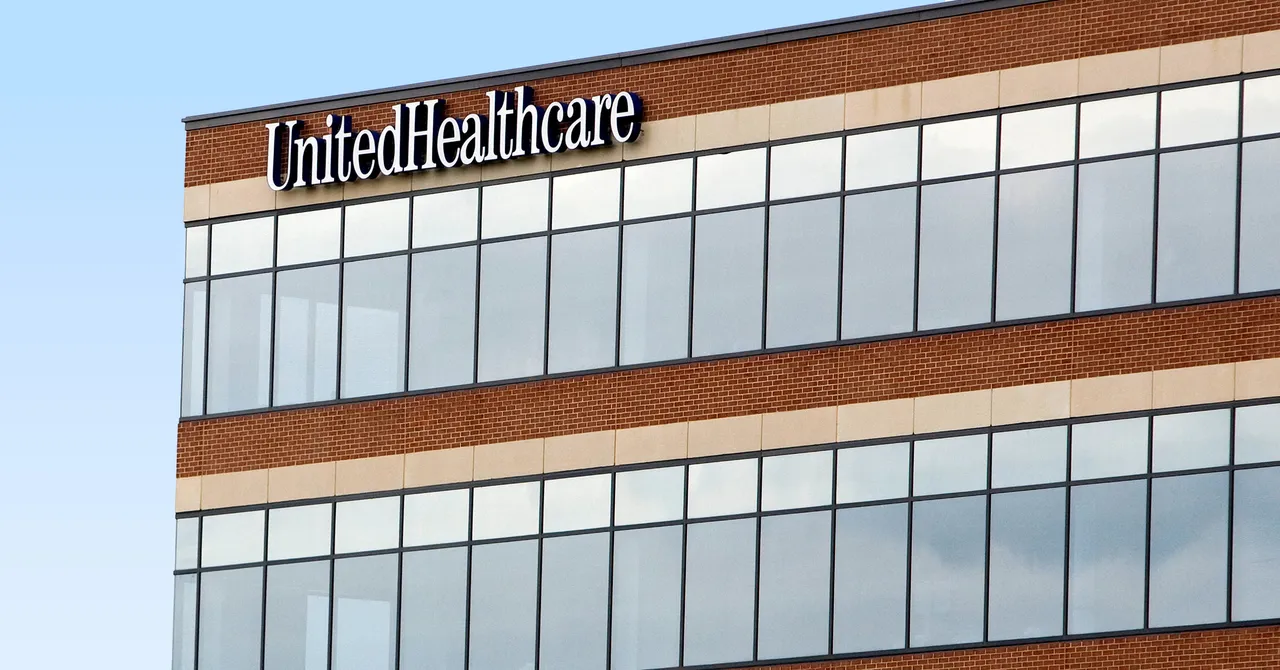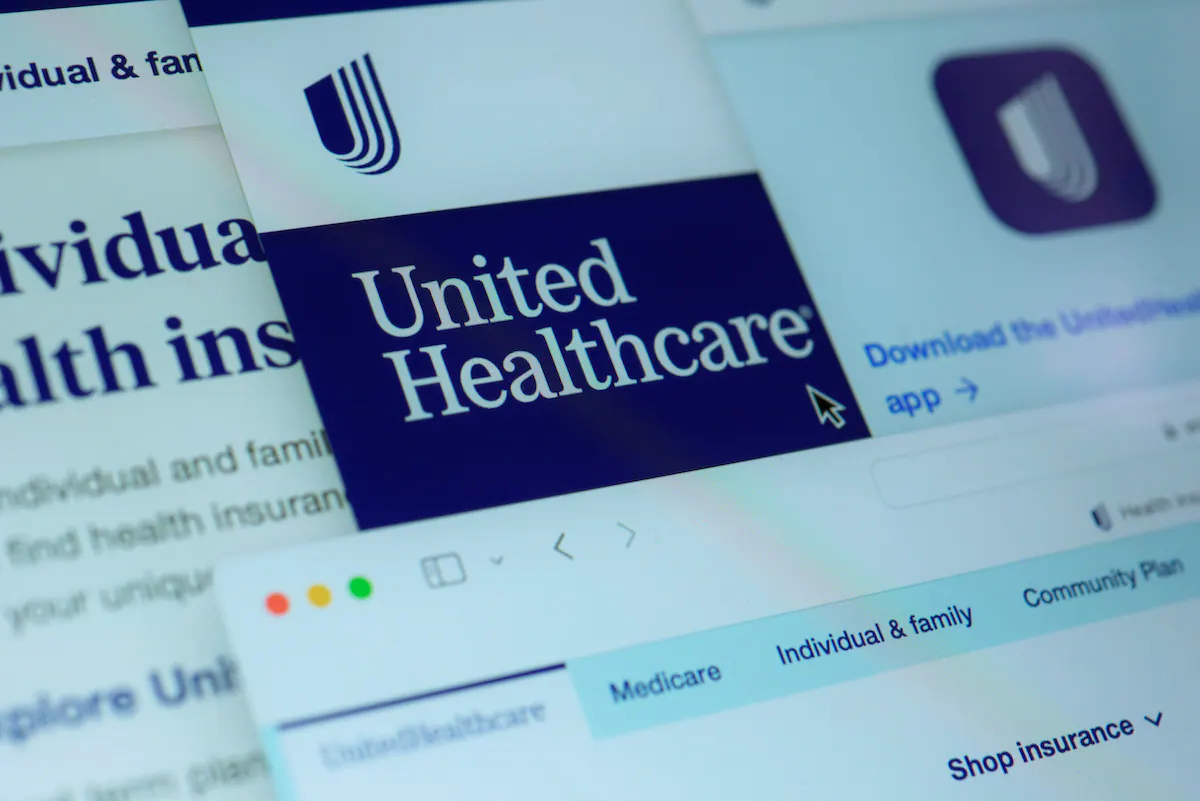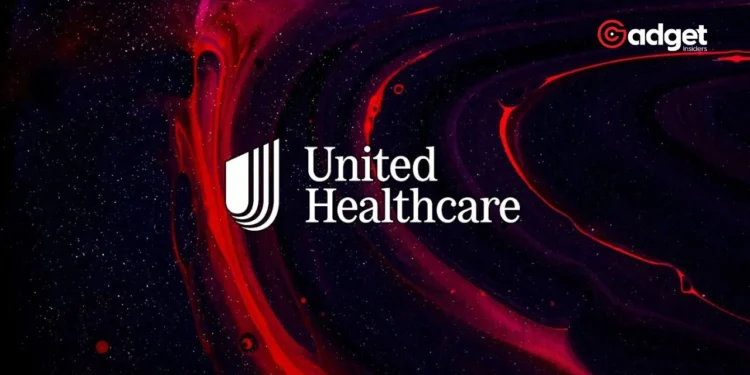In a stunning revelation during a U.S. Senate Committee on Finance hearing, Andrew Witty, CEO of UnitedHealth Group, confirmed that the healthcare giant paid a $22 million ransom to cybercriminals. This breach, involving its subsidiary Change Healthcare, highlights the growing threats in the healthcare sector and the difficult decisions facing top executives.

The High Stakes of Cybersecurity in Healthcare
UnitedHealth recognized as one of the largest companies globally with a market cap of approximately $450 billion, faced a severe cyber threat that disrupted services and raised significant privacy concerns.
Change Healthcare, known for its payment and e-prescription solutions, experienced severe operational disruptions when it was forced to disconnect systems to contain the breach. This left many healthcare providers unable to fill prescriptions or process payments, impacting countless patients and medical professionals.

Witty, in his testimony, described the decision to pay the ransom as “one of the hardest decisions I’ve ever had to make,” emphasizing the gravity and immediate necessity of protecting sensitive patient data.
The breach was traced back to a server lacking multi-factor authentication (MFA), a basic security measure, which has since been implemented across all of UnitedHealth’s external-facing systems.
UnitedHealth: A Call for Accountability and Oversight
The hearing, chaired by Sen. Ron Wyden (D-Ore.), also served as a platform for critical discussions about the responsibilities of large corporations to safeguard customer data. Wyden pointed out the dire implications of the breach, labeling it a “dire warning about the consequences of too-big-to-fail mega-corporations.”
Meanwhile, Sen. Thom Tillis (R-N.C.) criticized UnitedHealth for its fundamental security failures, illustrated by his display of a “Hacking for Dummies” book, suggesting that the breach was a result of negligence.
It's unclear whether UnitedHealth CEO Andrew Witty was aware of these vulnerabilities or if they were exploited zero-day vulnerabilities. 🤔 #Cybersecurity #Vulnerabilities #UnitedHealthhttps://t.co/VCG4pHu4Oe
— Cyber News Live (@cybernewslive) April 30, 2024
Ongoing Impact and Recovery Efforts
In response to the crisis, UnitedHealth has initiated several recovery measures. Notably, the company launched a temporary funding assistance program for providers facing cash flow disruptions due to the cyberattack, offering a financial cushion without additional fees, with a repayment window extending 45 days once standard operations resume.
Furthermore, Witty reassured that Change Healthcare’s core systems are back online, although some secondary support functions are still under restoration.
He also acknowledged the continued risks, stating that UnitedHealth is actively working with regulators to assess and mitigate the damage and to inform those impacted as promptly as possible.

Future Steps to Enhance Security
Amidst ongoing investigations and recovery efforts, Witty expressed a commitment to transparency and improvement, promising to share findings from the breach analysis to help reduce future cyberattack risks in the healthcare sector.
His statements reflect a broader industry imperative to fortify cybersecurity measures and enhance resilience against increasingly sophisticated cyber threats.
As the healthcare industry continues to grapple with cybersecurity challenges, the incident at UnitedHealth serves as a critical reminder of the vulnerabilities that exist and the essential need for enhanced protective measures.
The dialogue initiated by this hearing may well spark significant changes aimed at safeguarding patient information and maintaining trust in healthcare systems.









